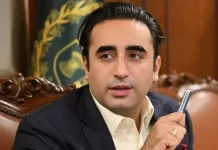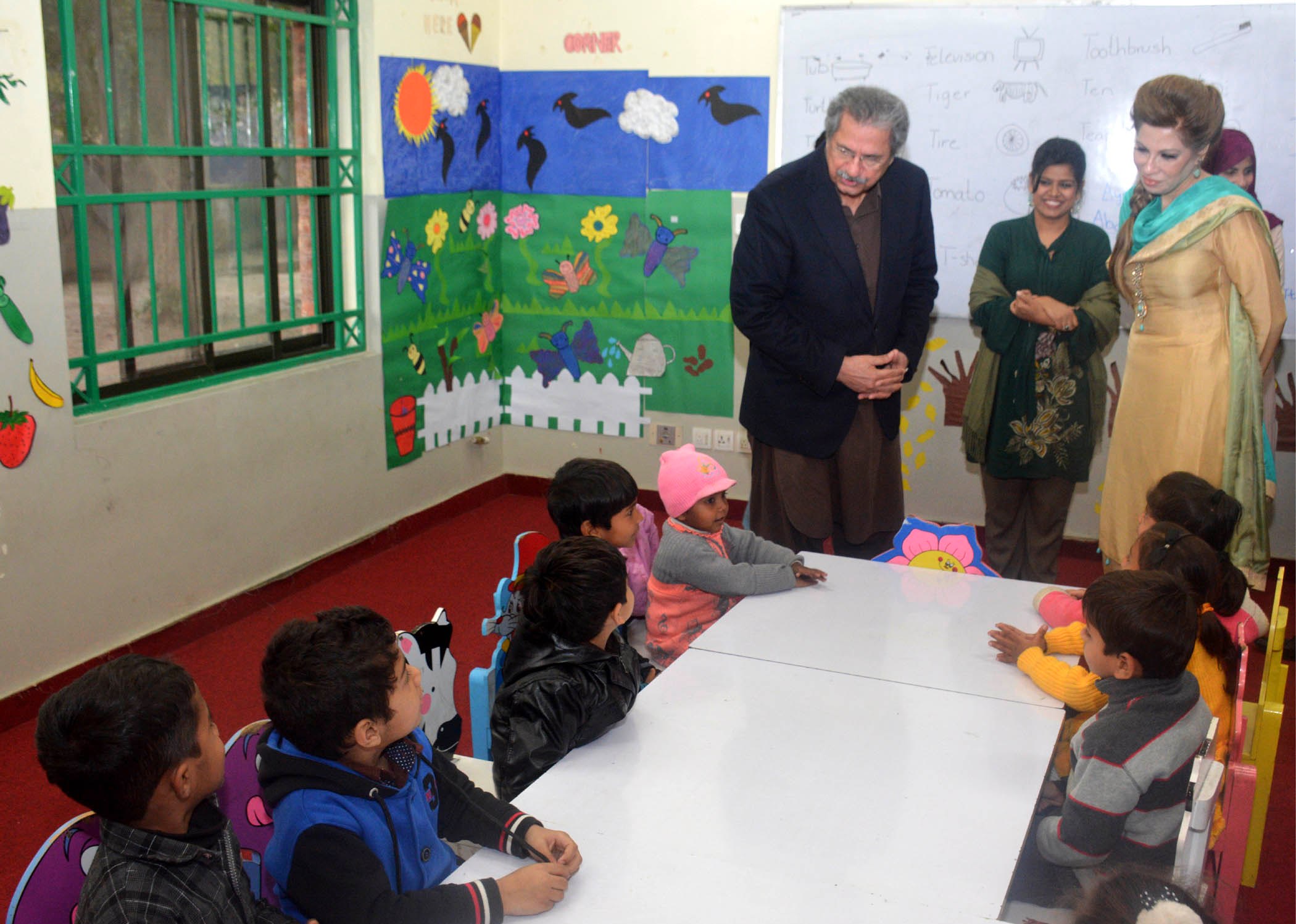مضمون کا ماخذ : جیتنے والی لاٹری
متعلقہ مضامین
-
Pakistan needs investment in human resources, not motorways
-
Tracker to be installed in govt vehicles of 2006 model, onwards
-
Conference on effective implementation of NAP concludes in Punjab
-
FIA, UN hold moot on human trafficking, migrant smuggling
-
SC rejects bail plea of accused who defrauded Navy
-
دلچسپ جنگل ایپ ڈاؤن لوڈ
-
GW لاٹری سرکاری گیم پلیٹ فارم ڈاؤن لوڈ
-
الیکٹرانک پروب انٹرٹینمنٹ کا سرکاری داخلہ اور جدید دور کے تقاضے
-
آن لائن قابل اعتماد تفریحی ویب سائٹ کی اہمیت اور فوائد
-
FTG کارڈ گیم ایماندار بیٹنگ پلیٹ فارم: کھلاڑیوں کے لیے ایک محفوظ اور پرجوش تجربہ
-
جلی الیکٹرانکس ایماندار بیٹنگ ایپ ایک قابل اعتماد اور جدید پلیٹ فارم
-
معروف کاک فائٹنگ بیٹنگ ویب سائٹ کی خصوصیات اور اثرات













